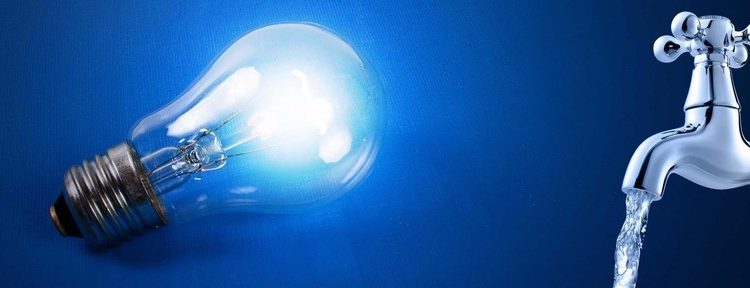The Chadian government has recently announced a significant policy shift, providing free water and electricity to households across the country until the end of the year. This move, aimed at alleviating the financial burden on citizens, comes amidst a challenging economic climate marked by rising fuel prices and increased living costs.
Under the new policy, the government will cover monthly household consumption of up to 300 kWh of electricity and 15,000 liters of water. Additionally, the government has pledged to waive outstanding arrears for water and electricity bills, offering much-needed relief to many residents.
The initiative, championed by interim President Mahamat Déby, is seen by some as a strategic move to garner support ahead of the upcoming presidential elections scheduled for May and June. However, despite this political context, many Chadians have welcomed the policy, viewing it as a vital step towards easing the financial strain on households.
While the announcement has been met with enthusiasm by many, some residents have raised concerns about the government’s ability to deliver on its promises. Reports of power outages in parts of the capital, N’Djamena, have cast doubt on the government’s capacity to ensure uninterrupted access to essential services.
In addition to the free water and electricity provision, the government has also indicated its intention to reduce transport taxes, a move aimed at lowering the cost of transportation for citizens. These measures, though contentious, underscore the government’s efforts to address the pressing economic challenges facing the country.
As Chad prepares for the constitutional referendum, the government’s new policy on water, electricity, and transportation has sparked a mix of hope and skepticism among the populace. Whether these initiatives will translate into tangible benefits for citizens remains to be seen, but for now, they represent a significant step towards addressing the cost-of-living crisis gripping the nation.





